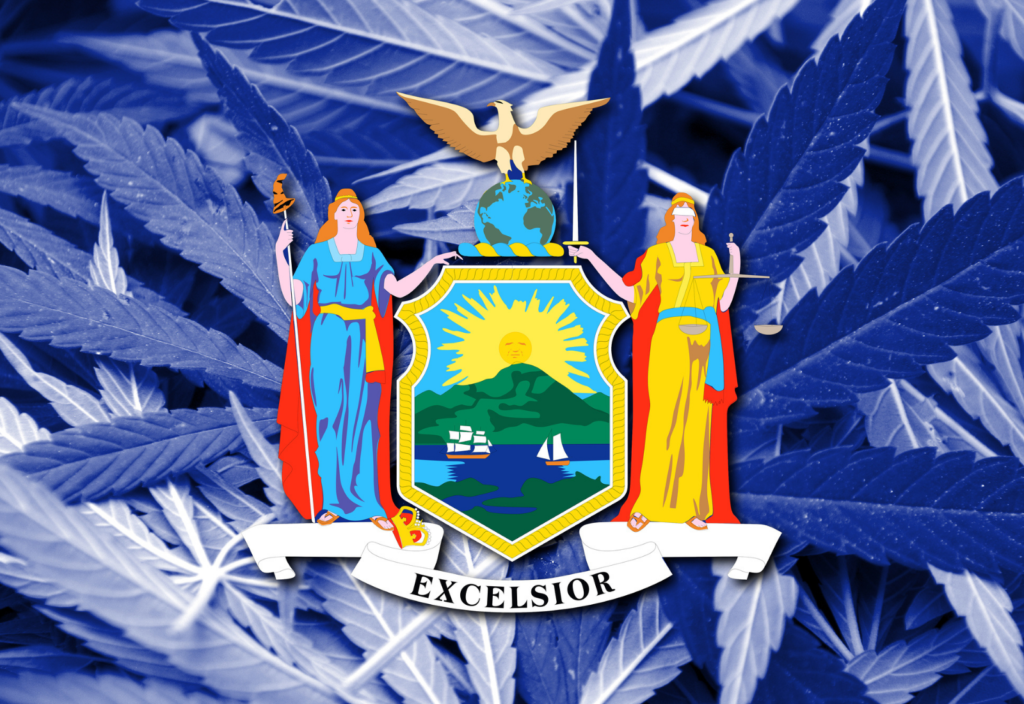On March 31, Governor Andrew Cuomo signed into law the much-anticipated “Marijuana Regulation and Taxation Act“ (the “MRTA”). You can find our ongoing coverage of all things MRTA here. What isn’t obvious from the title of this new law, however, is that it includes provisions that may change how the state will eventually regulate its hemp industry.
The MRTA is the first state law that proposes to centralize the regulation of cannabis operators, including hemp and marijuana stakeholders. As we previously discussed, the MRTA tasked the Cannabis Control Board (the “CCB”) with implementing rules and regulations for “cannabinoid hemp” and marijuana which will eventually be administered by the Office of Cannabis Management (the “OCM”).
This is significant because just a year ago, the state enacted A08977, which instructed the New York’s State Department of Health (the “DOH”) to develop the state’s “Cannabinoid Hemp Program” (the “Program”) which was designed to regulate the processing, manufacturing, and sale of hemp extract and cannabinoid hemp products (finished hemp-derived products used for human consumption, except cosmetics) in the state.
Launched in November 2020, the Program requires processors, manufacturers and retailers of these cannabinoid hemp products to first obtain a license from the DOH, and establishes quality control standards in the form of proposed rules (the “Rule”). Although the DOH is accepting applications for cannabinoid hemp processor, retail licenses, and distributor permits, the state agency has yet to adopt and publish the Rule in the New York State Register. This means that no state hemp processor, distributor, or retailer is formally operating under these new regulations – the only lawful and formally regulated operations in the state are currently limited to activities pursuant to research partnership agreements with the Department of Agriculture and Markets (the “NYDAM”).
Nevertheless, the MRTA provides that existing rules, regulations, and determination made by the DOH that pertain to cannabinoid hemp at the time the CCB and the OCM take over the regulation of these products would remain in place until this new regulatory body adopts or repeals them. Therefore, it remains to be seen if the DOH will opt to finalize the rule making process or if it will defer to the CCB and the OCM in deciding whether to adopt the Rule in its current form, or a version of it, in the months to come.
What is apparent from reading the MRTA is that Article 5, which contains provisions governing the regulation of cannabinoid hemp products and hemp extract, generally aligns with the Rule in that it contains similar definitions and mandates that cannabinoid hemp processors and retailers secure a license to lawfully enter this market. That said, Article 5 also contains language that suggests the CCB may impose additional requirements on the hemp industry. For example, the MRTA stipulates that wholesale activities will not be authorized without obtaining an appropriate registration or permit. It also provides that the CCB may issue “special use permits,” which are temporary permits for carrying on any activities related to cannabinoid hemp, hemp extract and products derived from hemp that are licensed by the agency.
So, while it’s impossible to determine to what extent the MRTA and its upcoming regulations will impact the hemp industry, one thing is certain: stakeholders not currently operating under a NYDAM research partnership agreement will need to wait a bit longer before they may lawfully enter New York’s cannabinoid hemp market.
























